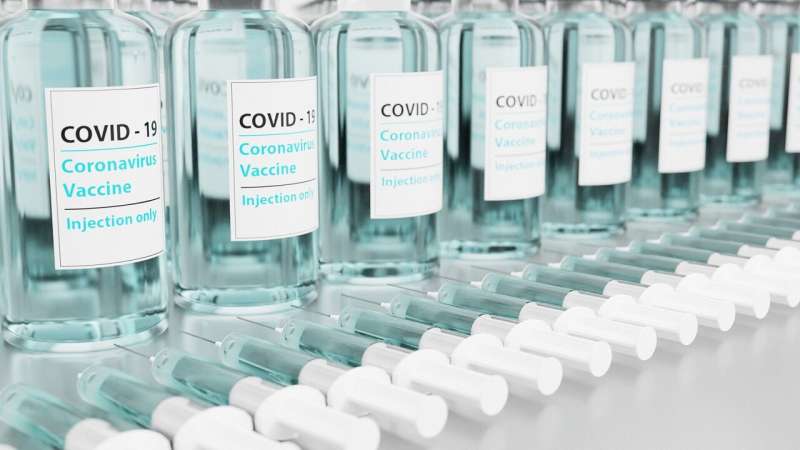Genetic Marker Discovery Could Enhance Brain Cancer Treatment Personalization

A groundbreaking study identifies a genetic biomarker that could help tailor glioblastoma treatment with bevacizumab, potentially improving outcomes through personalized medicine.
Researchers at the University of Kentucky Markey Cancer Center have made a significant breakthrough in brain cancer research by identifying a genetic biomarker that may predict which glioblastoma patients are most likely to benefit from the cancer drug bevacizumab. This discovery has the potential to transform treatment strategies by allowing oncologists to tailor therapies based on a tumor’s genetic profile.
The study, published in the journal JCO Precision Oncology, examined tumor samples from over 3,000 glioblastoma patients, including 571 who received bevacizumab. Utilizing advanced next-generation sequencing techniques, the team analyzed molecular characteristics that correlated with extended response to the medication. They found that patients whose tumors exhibited a genetic change called CDK4 amplification tended to experience longer survival times when treated with bevacizumab.
Bevacizumab functions by inhibiting blood vessel formation within tumors, effectively starving the cancer cells. While it has been associated with slowed disease progression and symptom relief in recurrent glioblastoma cases, predicting which patients will derive the most benefit has remained a challenge. The identification of CDK4 amplification as a potential predictive marker could lead to more personalized and effective treatments.
Glioblastoma, accounting for approximately 15% of all brain tumors, is notably aggressive with prognosis often less than 15 months after diagnosis. Current treatments include surgery, radiation, chemotherapy, and targeted therapies like bevacizumab, but response rates vary widely. This research offers hope for improving outcomes by guiding therapy choices based on tumor genetics.
Professor John Villano, the study’s lead author, emphasized that this discovery could help avoid unnecessary side effects for patients unlikely to benefit from bevacizumab, while ensuring that those who might respond are prioritized for this treatment option.
This groundbreaking research marks the first large-scale effort to associate specific molecular markers with long-term response to bevacizumab in brain cancer patients, paving the way for more personalized and effective approaches to glioblastoma treatment.
For more details, the full study is available in JCO Precision Oncology. Source: https://medicalxpress.com/news/2025-07-genetic-marker-brain-cancer-treatment.html
Stay Updated with Mia's Feed
Get the latest health & wellness insights delivered straight to your inbox.
Related Articles
Understanding the Limitations and Context of Vaccine Side Effect Reports
An in-depth look at VAERS, vaccine safety reports, and how media and politics influence public perception and misinformation about vaccine side effects.
Risks of Bird Flu Transmission via Air and Wastewater on Dairy Farms
New research reveals that bird flu can spread through air and wastewater on dairy farms, increasing risks for animals and workers. Learn about the emerging transmission pathways and safety measures.
Shingles Vaccination Linked to Reduced Risk of Heart Attack and Stroke: A Comprehensive Meta-Analysis
Recent meta-analysis finds herpes zoster vaccination is associated with a significant reduction in heart attack and stroke risk, highlighting potential additional benefits of shingles vaccines.
Impacts of the 'One Big Beautiful Bill' on Older Adults' Healthcare
Explore how the recent healthcare legislation, 'One Big Beautiful Bill', will affect older adults' access to Medicare, Medicaid, and long-term care services in the USA.



